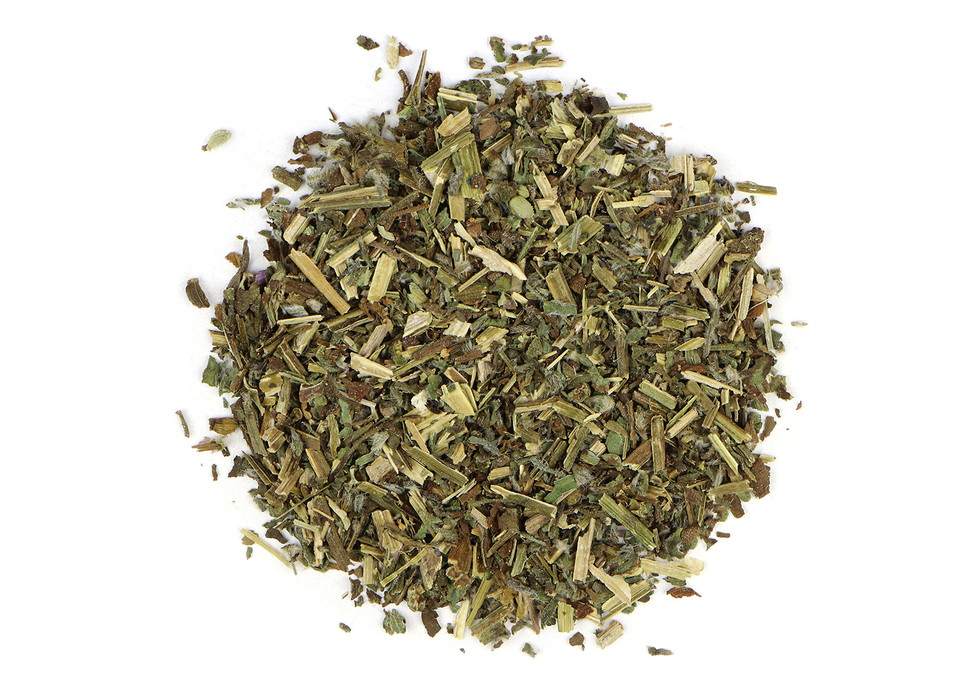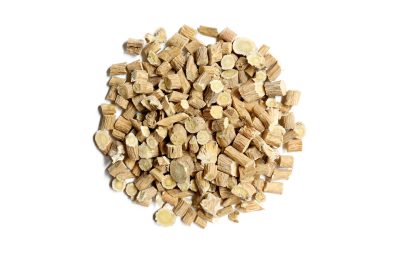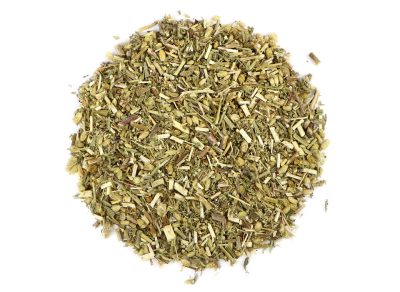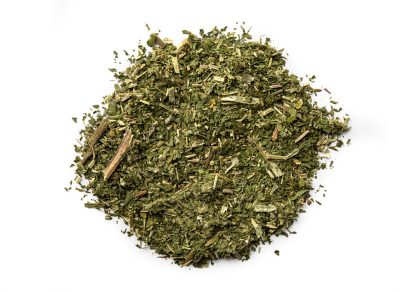While we work to ensure that product information is correct, on occasion manufacturers may alter their ingredient lists. Actual product packaging and materials may contain more and/or different information than that shown on our Web site. We recommend that you do not solely rely on the information presented and that you always read labels, warnings, and directions before using or consuming a product. For additional information about a product, please contact the manufacturer. Content on this site is for reference purposes and is not intended to substitute for advice given by a physician, pharmacist, or other licensed health-care professional. You should not use this information as self-diagnosis or for treating a health problem or disease. Contact your health-care provider immediately if you suspect that you have a medical problem. Information and statements regarding dietary supplements have not been evaluated by the Food and Drug Administration and are not intended to diagnose, treat, cure, or prevent any disease or health condition. PhysioFormulas, LLC DBA Your Healing Store assumes no liability for inaccuracies or misstatements about products.
Borage
$18.50
In stock
Description
Borage is a prolific botanical with bright blue, star-shaped flowers, and hairy stems and leaves. It has a long history of use in traditional herbal practices and a deep folkloric history. In ancient Rome, legend states that borage was taken to instill courage, banish sorrow, and bring joy to the heart. Today, Borago officinalis is used for its wellness-supporting qualities.
Borage is a native plant of Southern Europe, having become naturalized all over Europe and the United States. It is a prolific grower, tending to sprout up in abandoned lawns and junkyards.
At one time borage was an essential herb for beekeepers, grown to help bees produce more honey. Traditionally, it was also grown as an ornamental, or boiled as a pot herb. Borgae is a member of the Boraginaceae family.
Borage is noted for having a cucumber like flavor and is easily recognized by its white prickly hairs and bright blue, star-shaped flowers. Its dark green leaves are gently curved and its fruits consist of dark brown nutlets (seeds) in groups of four. Both Pliny the Elder and Dioscorides claimed that borage was used to "exhilarate the mind", comfort the heart, drive sorrow away, and increase one's general happiness.
Borage makes an excellent companion plant alongside tomatoes, cabbages, and other crops, helping to ward away harmful insects and worms. It is also said to improve the yield and disease resistance of the accompanied plants.





